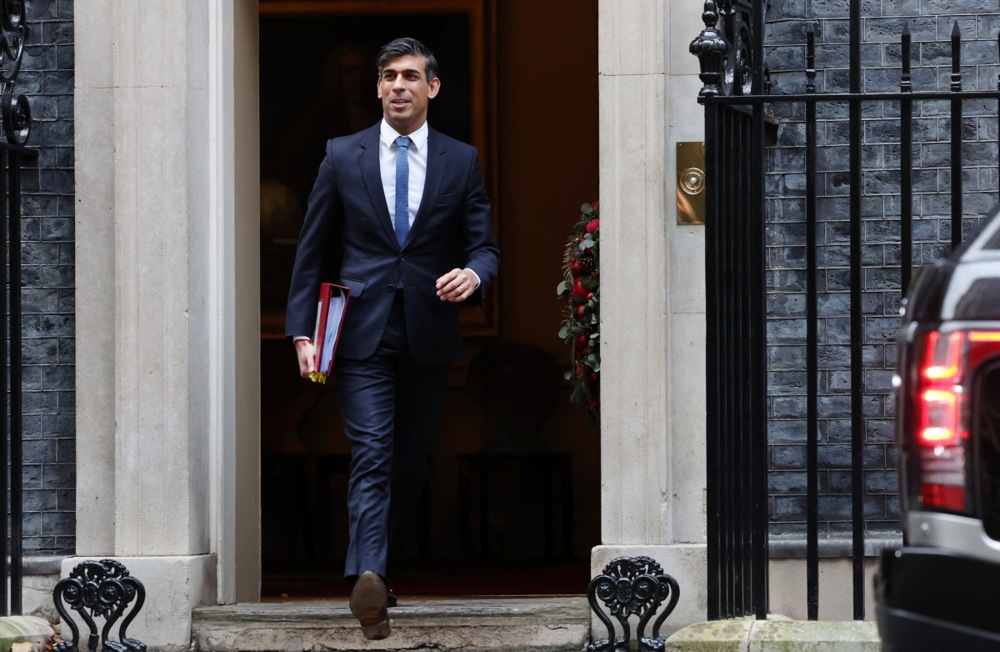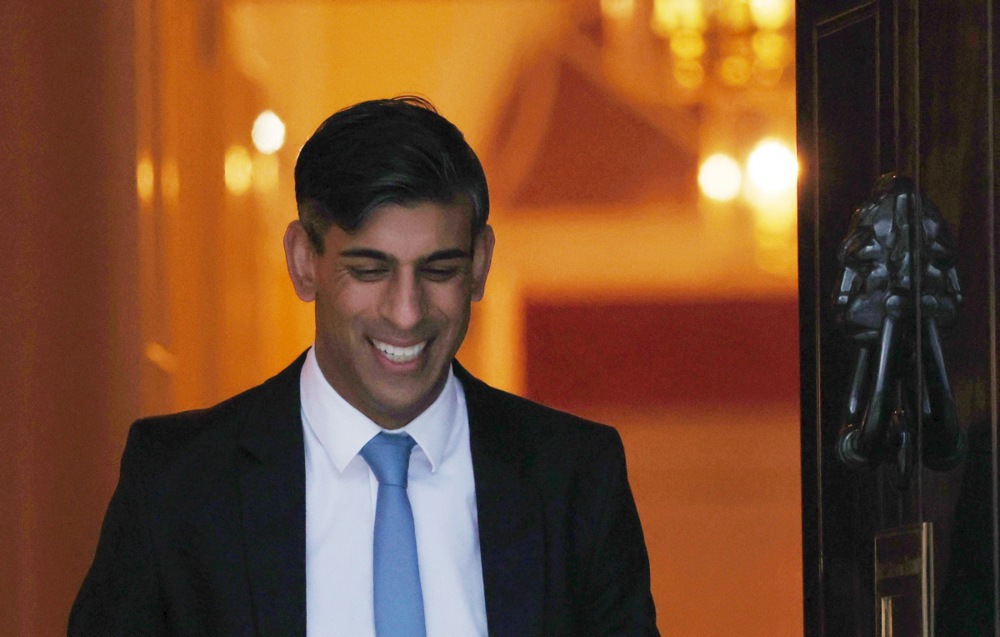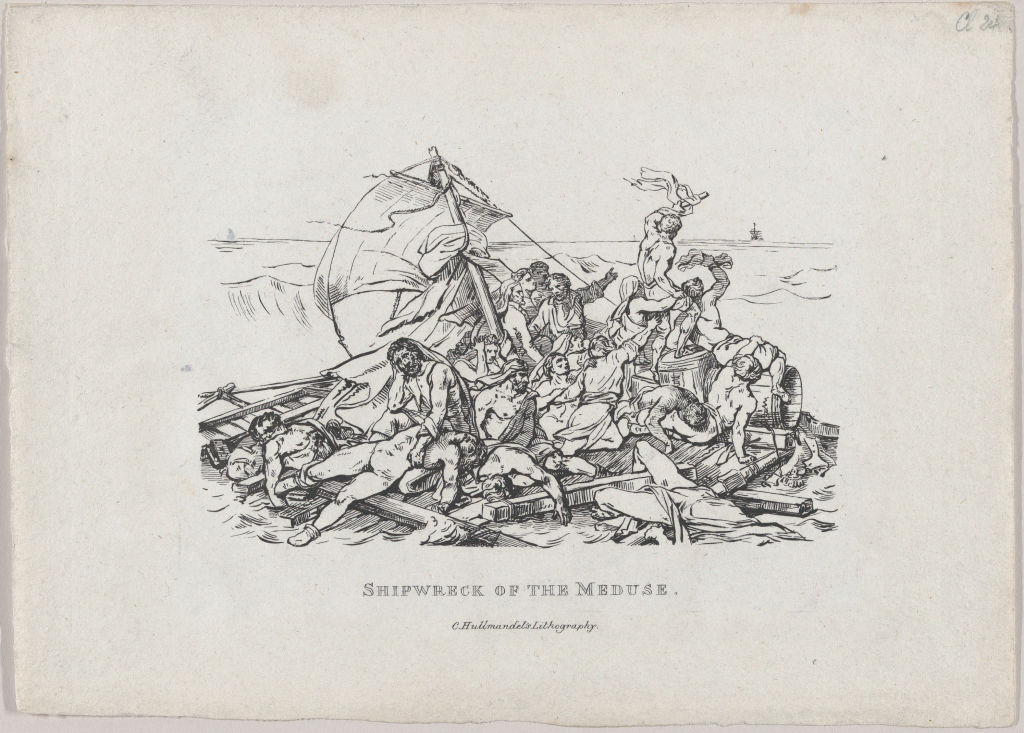Why did Rishi Sunak – leading his Conservatives to almost certain defeat – call Britain’s general election up to six months earlier than he needed? The election did not have to be held until January 2025, although most commentators thought that the election was most likely going to be this October or November, to avoid campaigning over the Christmas period.
Unusually for a Western democracy, the exact date of UK general elections is at the discretion of the prime minister, provided, that is, he or she maintains the support of the House of Commons. Well, technically it is at the command of the monarch, but the regal personage never says no. There was an 11 year interregnum when this was not the case – between the passing of the Fixed-term Parliaments Act in 2011 and its repeal in 2022.
But now we are back to the traditional order of things. Parliaments have a maximum life of five years – and the rule of thumb is that an incumbent prime minister asks the King to call an election for a Thursday (another British peculiarity, our elections are always on a Thursday, not for us the Continental preference for Sundays) after four years at which the governing party has an opinion poll lead making them confident they will be re-elected. If this happy circumstance does not arise, well then that parliament peters on until the preordained time of final demise.
But this year, that was not Rishi’s chosen path. And one thing we can certainly rule out. Sunak did not think his reelection was a sure thing. The Tories have not led in the polls since November 2021; their polling deficit has been around 20 percentage points or more since Liz Truss’s ill-starred premiership of September/October 2022.
The issue of election timing has moved centre stage to political discussion over the last few days. A few of those who could have been privy to discussions of election timing – an MP working directly for Rishi as his Commons assistant (or Parliamentary Private Secretary in the Westminster vernacular), another candidate who is married to the now suspended Conservative campaign director, a now arrested policeman working as the PM’s personal protection officer – placed bets on the timing of the election. Not vast, life changing bets, but still not perhaps the smartest of moves.
So what is going on? A view popular among well connected Tory candidates is that Sunak has not found the job all he thought it would be. He just hates the job, they tell you, he just wants to find a way out. They then murmur darkly that California schools start in mid August and Rishi wants to firmly ensconced there in time for his daughters to start the new school year. Many of his candidates are convinced that the outgoing prime minister will only experience life under a Starmer government for a few weeks, before finding more conducive pastures.
Another view that has gained traction among Tory politicians is that Rishi was at the point of facing a no confidence vote by his own MPs as leader of the Conservative Party. The rules are that the chair of the 1922 Committee – another instance of the political fashion for obfuscating names, it is what the parliamentary group of all Tory MPs is called; the party regained power in 1922 after 17 years of Liberal led governments – has to call a vote of confidence in the party leader if 15 per cent of the party’s MPs write to him calling for such a vote. In Rishi’s case this meant 52 letters by this May; it had been more but the numbers went down as the Tories lost MPs to by-election defeats, defections and misbehaving members being thrown out of the party.
Now many outgoing Tory MPs are convinced that Rishi had been warned by May 20 or so – despite their being an omerta on the officers of the 1922 committee revealing to anyone how many letters have landed before the magic threshold is reached – that the number of letters submitted were coming perilously close to 52. To avoid the ignominy of facing a no confidence vote, potentially ushering in a sixth Tory prime minister in eight years, he then decided to call an election. Once the King has agreed to an election, it is too late for the incumbent prime minister to be removed.
The two theories are, of course, not really compatible. Call an election to bring the show to an end and get out; or call an election to stop being removed as Tory leader. But the fervour of Tory MPs pushing these lines in hurried private conversations does show one thing. They are overwhelmingly convinced that the party is heading for a cataclysmic defeat.






UK Conservatives are heading for a historic defeat, here’s why